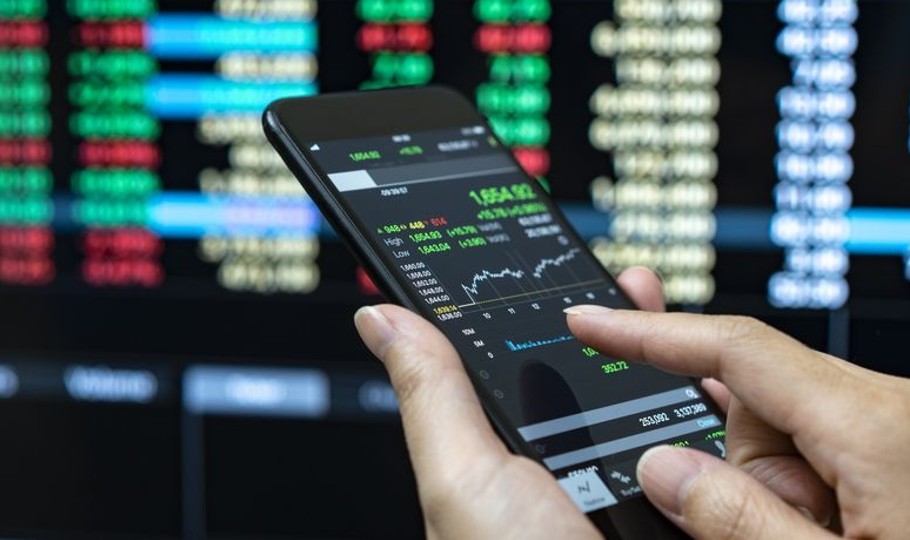
Global stocks lose $20 trillion since Jan; plunging Re makes outlook bleak for India

World stocks have lost over $20 trillion in value this year since January peaks, and the sharp slide echoes the hit to global financial markets early in 2020 on pandemic-driven recession worries.
To put the magnitude of that loss into context, the over $20 trillion wipe-outs in global equity markets this year since January highs are more than six times India’s total gross domestic product (GDP) — of around $3.2 trillion, reports Reuters.
That loss amounts to almost the size of the United States’ total GDP of around $23 trillion and around a fifth of the World’s GDP of nearly $100 trillion.
The GDP data referenced is based on the latest from the World Bank.
India on weak wicket
For India specifically, the outlook remains weak on foreign investors’ exodus as the country battles widening fiscal deficits on a plunging rupee and rising energy costs. The rupee is just a hop, skip and jump away from 80 per dollar, underscoring a dramatic collapse this year, NDTV Profit quotes Reuters report.
Also read: Sensex zooms 1,345 pts to reclaim 54,000 mark amid global stocks rally
From changing hands at 77 per dollar for the first time in March, days after Russia invaded Ukraine, to 78 and then to 79 has been swift in foreign exchange markets’ terms, with the 80 per greenback rate not too far away.
Worst not over yet
But the worst is not over yet for world equities, as the safe-haven stampede sentiment is again based on expectations for a global recession driven by major central banks’ aggressive policy tightening stance in their fight against decades-high inflation.
Economists have raised the odds of a recession in the US and Europe, citing aggressive interest rate hikes and the war in Ukraine. That despite the colossal wealth wipe so far and a bruising first half of the year as most major financial markets are firmly entrenched in the bear market territory.
But a Reuters report showed that half-month price changes since 1930 figures show the first two weeks of July have historically offered the best returns of the year for S&P 500 investors.
After three consecutive quarters of declines for S&P 500 stocks, with the index declining by a fifth, or 20 per cent, since the beginning of the year, some investors said they are ready to buy the dip. The S&P 500 has edged up slightly so far this month.
But beyond the first fortnight of this month, the outlook does not bode well for stocks as market participants advise caution, anticipating a stormy few months ahead for risk assets amid rising interest rates and economic growth concerns.
Build up defences, says UBS
UBS and Goldman Sachs recommended building up defences against a potential economic slump, which would weaken corporate profit expectations, according to Reuters.
In a separate report, investors and analysts warned that the upcoming corporate earnings season could prompt another sharp fall in global share prices, with profit forecasts looking far too upbeat given mounting recession risks.
Also read: Rupee relatively better placed than other global currencies: FM
The Reuters report showed valuations have fallen below historical averages, which might tempt bargain hunters. However, recent profit warnings from US firms have traders worried about a series of downgrades as spiralling energy and other input costs bite and consumers cut spending.


